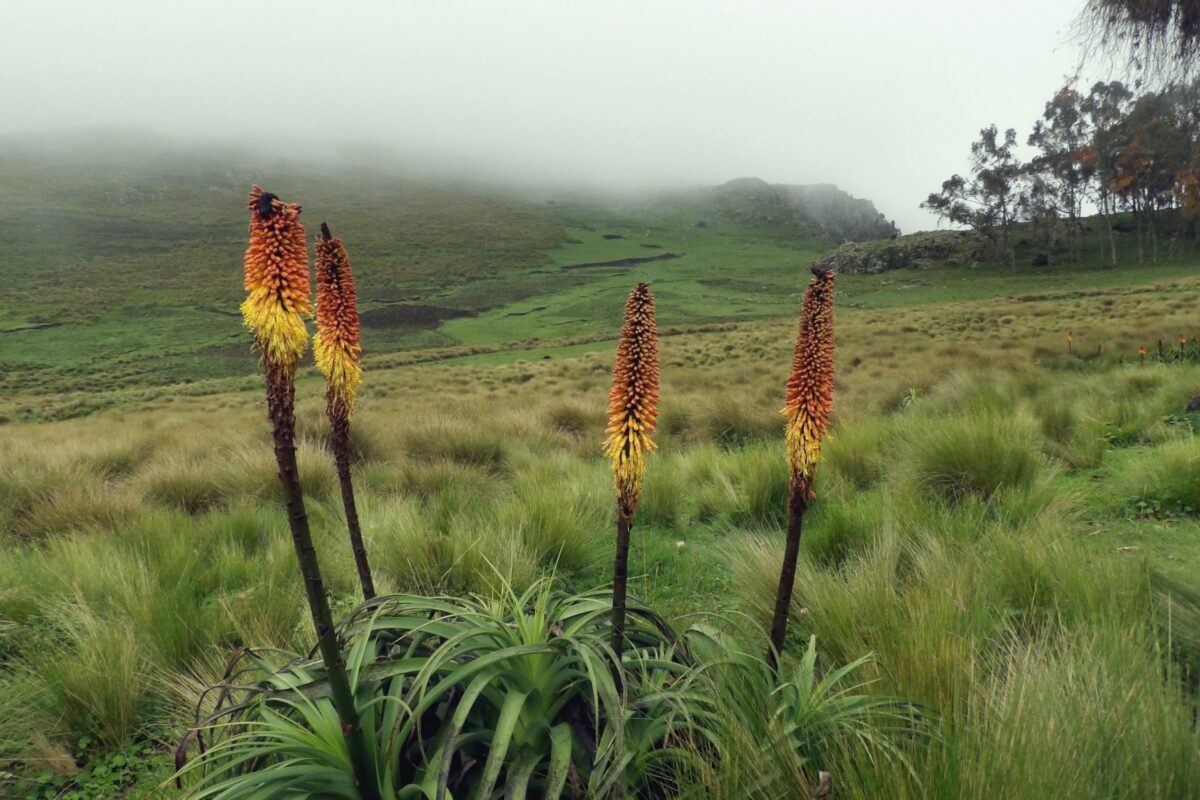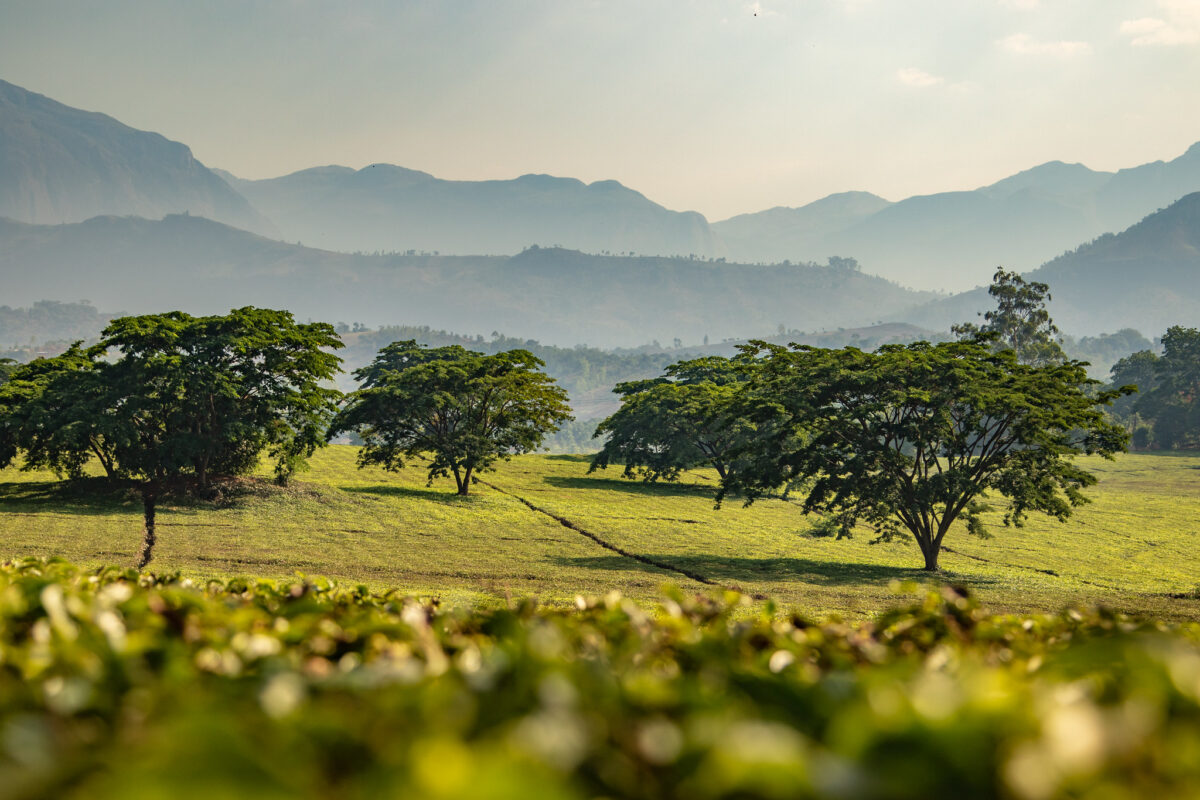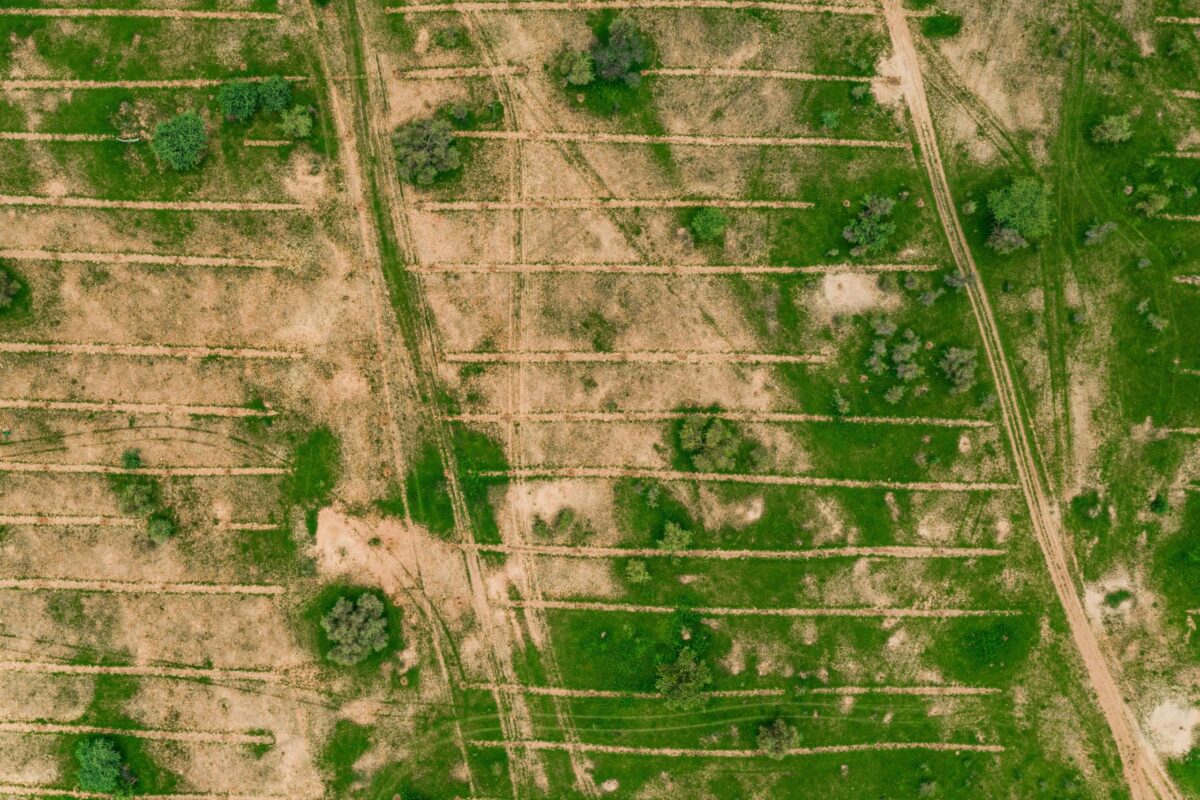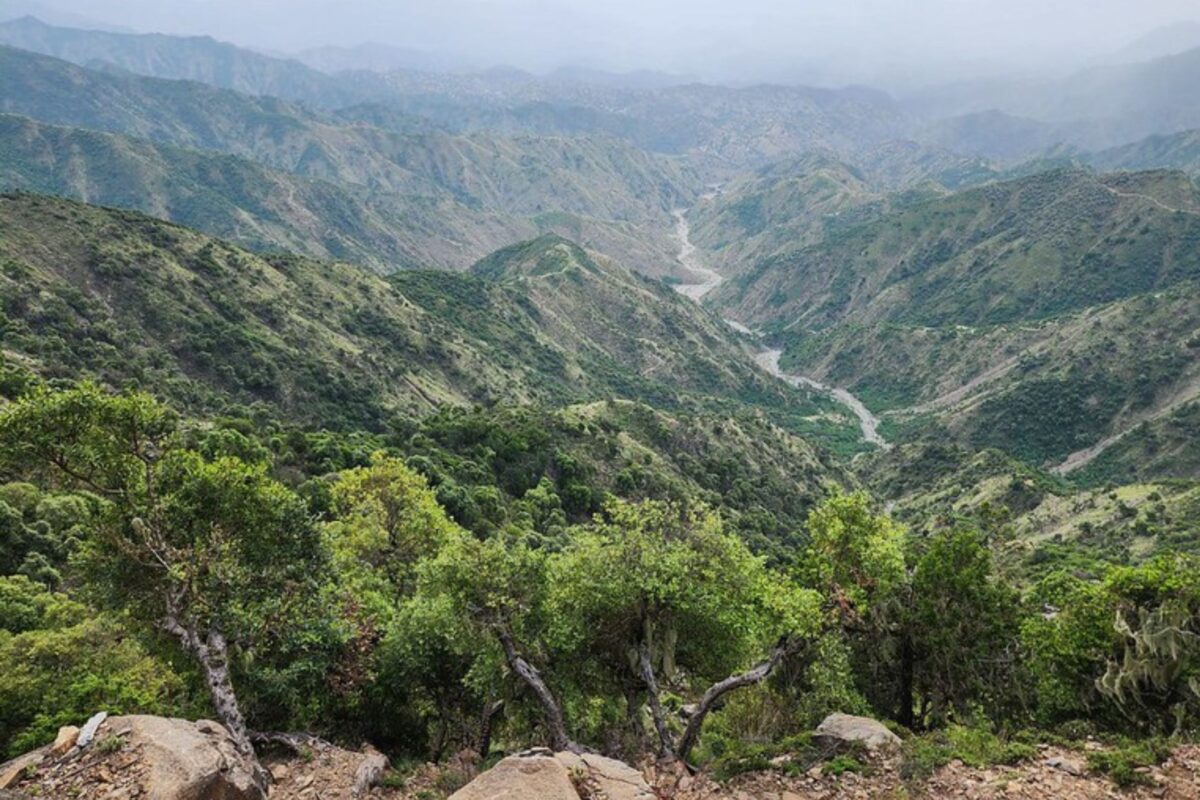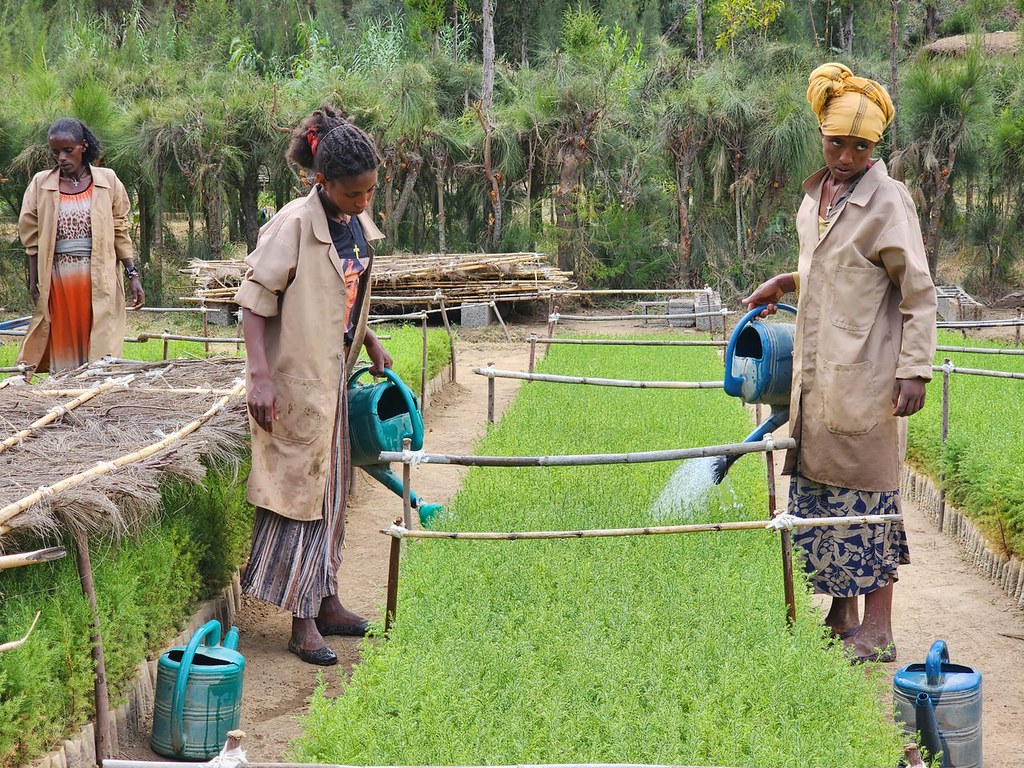How about where you get your heating from (turn on a switch, yes?) or the heat to cook your food (another switch or maybe a dial)? How about your home, where did that come from? The roads you drive on, the bridges you use to cross the rivers where you live? Fairly likely you’re thinking of the local shopping centres, electricity at the flick of a switch, gas on tap. Your home got built as did your roads and bridges as part of a usually large and increasingly urban development and goodness knows where everything they got made from came from.
Ok, having brought your answers to those questions to mind, how about these ones? Where does your pride come from? What about your honour? Where is your spirituality sourced? Slightly different nature of questions from ‘where do you go to get your food’, yes?
I imagine that spanning your answers to these broad-ranging questions (some of which, frankly speaking, we rarely even consider) is an equally broad-ranging span of answers.
But there is one people who’s answer to each and every one of these questions is the same.
Welcome to the Khasi people, who’s home is in North East India, just north of the border shared with Bangladesh.
They have one, singular answer to all the questions above. Their answer is, ‘the forest’.
The Khasi, living in one of the wettest places on Earth, Originating from South-East Asia and migrating in ancient times to north-east India, these people have depended entirely (and overtly) on their forest for, well, everything. Housing, food, water, heat, bridges, medicines (including their own antiseptics and aspirin) as well as their pride, honour and spirituality. Everything. At some point the care that was once brought to their forest was over-taken with unsustainable practices of over-use for even such simple things as heating and cooking, and this utterly depended-upon forest started to become degraded, less able to support these people and entering a spiral of increasing pressure and threat.
In partnership with the Ka Synjuk Ki Hima Arliang Wah Umiam Mawphlang Welfare Society (KSKHAWUMWS) community run projects in this matrilineal society are transforming their communities from the tree-roots up. Entrepreneurship is at the heart of this transformation. While family names are handed down to children from their mothers, the youngest daughter receives the greatest inheritance and daughters are preferentially educated ahead of sons who can become increasingly marginalized, the leaders in the indigenous governments are the men. With women being empowered in sustainable re-forestation projects, they are developing new business opportunities for themselves such as selling fruit from their new peach trees, using alternatives to forest wood for cooking and heating, and expanding their and their families’ education. In alleviating their own poverty, they are directly removing their own threat to the very environment from which they derive everything, their livelihood, pride, honour and spirituality.
2,000 hectares, more than 1.6 million new trees, 11 local indigenous governments, 70+ villages and over 5,000 households are directly benefitting from restoring the degraded landscapes. Full ownership of causing this restoration and transformation is also positioning the women to better be able to step into leadership roles at the level of their indigenous governments. After all, if only half the population participates in its leadership, it likely has only half its ability to reach its potential. To resolve the issues that are faced in society, economy and the environment, whether in these beautiful cloud-enshrouded hills where the answer to where do you source anything, everything, is ‘the forest’, or in your own environments, it is going to take tapping all the potential our societies have; men, women and children alike. It will take a transformation that starts the grass- and the tree-roots of all of our environments.
Back to those questions from the start of this article, those questions of ‘where do you get everything from?’ If you consider just a little further beyond where your considering usually stops, just maybe you too will answer as the Khasi do and say, ‘it is from the forests.’


